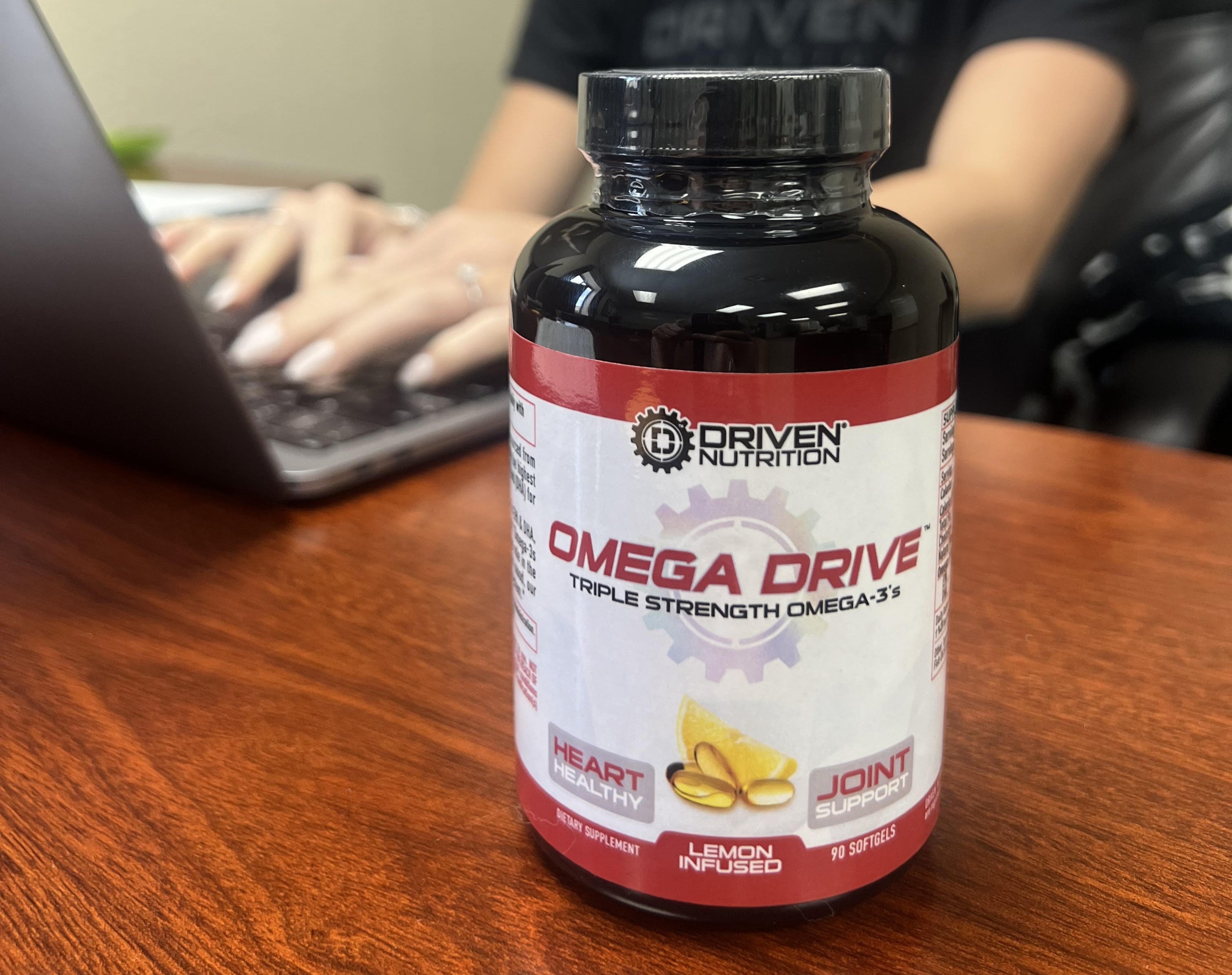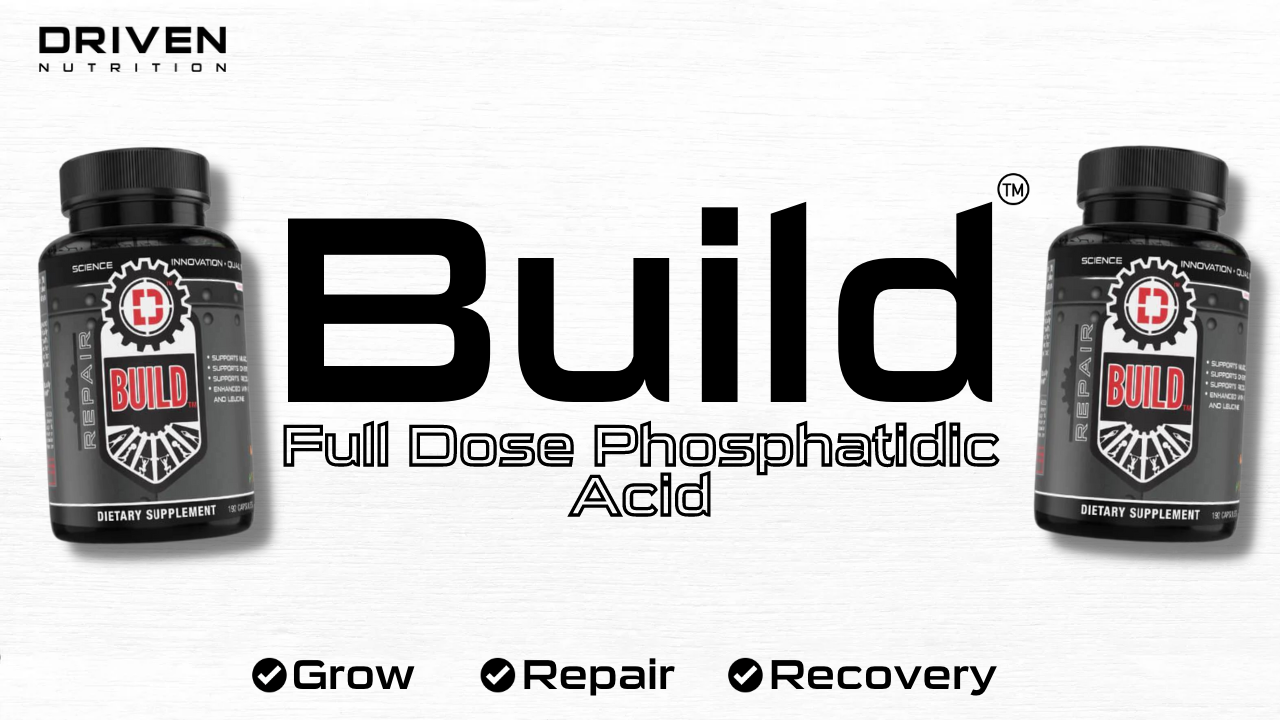
Omega-3 fatty acids have long been celebrated for their cardiovascular advantages. These "essential fats," which our bodies cannot produce and must be obtained through our diets, offer a range of health benefits. They help lower triglyceride levels, elevate HDL (good cholesterol), and reduce blood pressure. They also serve as a counterbalance to Omega-6 fatty acids, found abundantly in our Western diets. Overconsumption of Omega-6 fatty acids can cause inflammation in the body and give rise to a host of health issues including inflammatory diseases, autoimmune disorders, and heart problems.
It's worth noting that this inflammation can also extend to the brain, resulting in neuroinflammation. This neuroinflammation is linked to mood disorders, cognitive decline, and an increased risk of age-related cognitive impairment. Maintaining a balanced ratio of Omega-6 to Omega-3 is vital for healthy aging. Omega-3s, primarily composed of DHA (docosahexaenoic acid) and EPA (eicosapentaenoic acid), are abundant in the brain and play a crucial role in brain function. They regulate cell membrane fluidity, improving neurotransmitter binding and signaling in the brain, ultimately optimizing cognitive function.
Recent research has unveiled the positive impact of Omega-3s on individuals experiencing cognitive impairments, with EPA showing promise for mood disorders and DHA showing potential in addressing neurodegenerative conditions such as Alzheimer's. Promising results have also emerged for individuals with attention-deficit disorders, characterized by issues like difficulty concentrating, staying on task, and brain fog. Omega-3 supplementation in ADHD patients has shown reductions in hyperactivity/impulsivity, improvements in emotional and behavioral problems, and decreased sleep disturbances.
Interestingly, the same study has highlighted the detrimental effects of excessive sugar consumption on cognition. Diets high in sugar and lacking in Omega-3s can cause significant brain inflammation and negatively impact decision-making. DHA deficiency disrupts the function of "mood hormones," impairing the transmission of serotonin, norepinephrine, and dopamine, potentially leading to mood disorders such as anxiety and depression. Maintaining a healthy balance of Omega-3 to Omega-6 in the brain has proven effective in combating depression, anxiety, and brain fog.
So, how can we ensure a healthy balance of essential fatty acids in the brain? Omega-3s are naturally found in fish like salmon, sardines, mackerel, and tuna, as well as in nuts and seeds such as flaxseed, chia seeds, and walnuts. However, it's important to be cautious, as some fish rich in DHA and EPA may also contain high levels of mercury, which can be detrimental to brain health.
By incorporating a premium fish oil supplement like Driven’s Omega Drive™ Ultra Strength Fish Oil, you can bridge the gap between a potential deficiency and optimal brain function.
Omega Drive™ is an ultra-potent fish oil derived from wild-caught anchovies, which boast the highest concentration of omega-3 fatty acids among marine fish. We’ve also added lemon oil to ensure a pleasant taste, setting it apart from lower-quality supplements that can leave you with unpleasant fish burps.
While the NIH suggests consuming 1.1-1.6 grams of omega-3 a day. It’s important to note that while some fish oil supplements may state 500mg or 1000mg on the label, it does not necessarily mean that is the amount of DHA and EPA in the capsule itself. As always, Driven Nutrition’s transparent labeling provides you with accurate doses of DHA and EPA. Our meticulously dosed 700mg capsules contain 420mg EPA and 280mg of DHA per capsule.
Boost your mood naturally and protect against age-related neurological disorders with Omega Drive™.
Derbyshire, E. “Do Omega-3/6 Fatty Acids Have a Therapeutic Role in Children and Young People with ADHD?.” Journal of lipids vol. 2017 (2017): 6285218. doi:10.1155/2017/6285218
Bos, Dienke J et al. “Reduced Symptoms of Inattention after Dietary Omega-3 Fatty Acid Supplementation in Boys with and without Attention Deficit/Hyperactivity Disorder.” Neuropsychopharmacology : official publication of the American College of Neuropsychopharmacology vol. 40,10 (2015): 2298-306. doi:10.1038/npp.2015.73
Orchard TS, Gaudier-Diaz MM, Weinhold KR, Courtney DeVries A. Clearing the fog: a review of the effects of dietary omega-3 fatty acids and added sugars on chemotherapy-induced cognitive deficits. Breast Cancer Res Treat. 2017 Feb;161(3):391-398. doi: 10.1007/s10549-016-4073-8. Epub 2016 Dec 8. PMID: 27933449; PMCID: PMC5526680.
Dyall SC. Long-chain omega-3 fatty acids and the brain: a review of the independent and shared effects of EPA, DPA and DHA. Front Aging Neurosci. 2015 Apr 21;7:52. doi: 10.3389/fnagi.2015.00052. PMID: 25954194; PMCID: PMC4404917.
Su KP. Biological mechanism of antidepressant effect of omega-3 fatty acids: how does fish oil act as a 'mind-body interface'? Neurosignals. 2009;17(2):144-52. doi: 10.1159/000198167. Epub 2009 Feb 4. PMID: 19190401.



